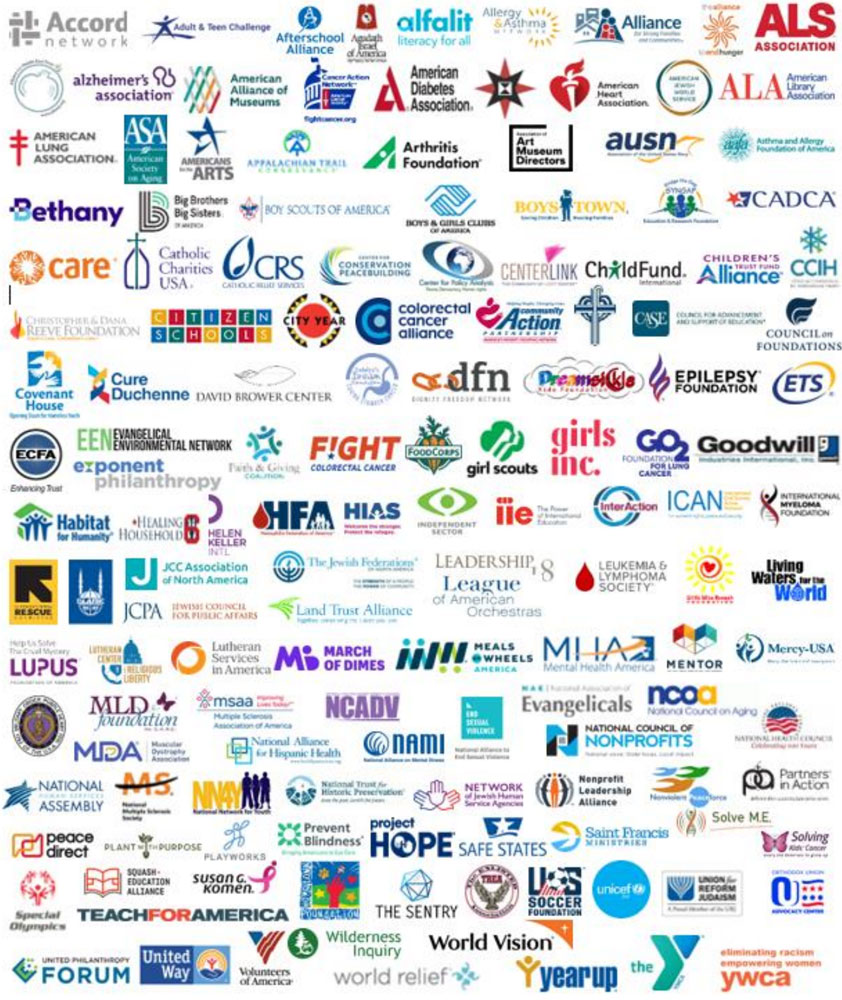
As many readers know, the Paycheck Protection Program of the Cares Act, which is supposed to relieve serious COVID-19 related financial pressures on small for-profit and nonprofit employers through $349 billion in forgivable loans, got off to a rocky start last Friday, as nonprofits by the thousands flocked to lenders only to get turned away in many cases. It appears the banks were largely unprepared to process applications, in large part because the Small Business Administration did not get either the applications or the guidelines to them before Thursday night.
But for nonprofits, there were even more fundamental problems, often related to tenuous or unformed relationships between lenders and nonprofits. This led to a lot of time wasted by nonprofits stalking bank officers who were giving priority to longstanding and more robust organizations (a problem when you advertise the program as “first come, first served”) or blocked by being unable to fill out some of the application questions that did not quite fit the nonprofit corporate structure.
Many small businesses, nonprofits and for-profits alike, ended up in a kind of limbo, listening to reports about the billions being approved yet having no idea where in the process their own applications were, or even if they were in the system yet. As far as we know, such dynamics also apply to small businesses that may not be frequent users of debt. So, while the country was promised an admittedly inconceivable one-day approval and payout process, a week out, many nonprofits are still wondering whether or not they made it into the queue in time. (We will address these issues tomorrow in a longer piece by Steve Dubb.)
A new set of unemployment figures came out today, documenting that another 6.6 million are unemployed, bringing the total added to the unemployment rolls over the past four weeks to an unfathomable 17 million. Talks have begun for a CARES Act 2.0, otherwise known as Phase 4 of Congress’s response to the coronavirus, and in light of this, national advocates are requesting some extra provisions for this next round of stimulus capital to make sure sufficient money is available to nonprofits. A Nonprofit Community Letter posted on the National Council of Nonprofits website and circulated to Congress yesterday lays out these potential provisions in detail.
Among the changes proposed by the more than 200 national signatories is “expanded nonprofit access to credit.” Funding exclusive to nonprofits would be made available within the two principal loan programs established in the CARES Act. Doing so would ensure that organizations dedicated to addressing immediate pandemic-related problems were included in relief efforts and not excluded or pushed to the back of the line.
Sign up for our free newsletters
Subscribe to NPQ's newsletters to have our top stories delivered directly to your inbox.
By signing up, you agree to our privacy policy and terms of use, and to receive messages from NPQ and our partners.
In terms of the Paycheck Protection Program, they want the bill to “provide incentives to private lenders to prioritize processing of applications of small nonprofits and expand the eligibility for nonprofits to participate in the Paycheck Protection Program by modifying the current 500-employee cap or by other means.”
We like the first half of that proposition, but if the purpose is to open access to nonprofits unused to borrowing from banks, we are not completely sure how that cause would be advanced by the inclusion of nonprofits with more than 500 employees. While we are aware that some networks, like YMCAs, have been hit profoundly hard, in that they depend upon sites where people congregate, employ more part-time workers, and have laid off sometimes thousands within weeks of this crisis, we would rather see that category addressed more distinctly, excluding those large organizations that do not fit in that category. This is a provision that should be better defined to extend eligibility just to nonprofits on the cusp between the small-employer program and the mid-size employer loans contemplated in the CARES Act.
The entire sector should also be grateful for the quick work of this coalition, which has pushed for new provisions to:
- Strengthen Charitable Giving Incentives to encourage all Americans to help their communities through charitable donations during these challenging times by making donations on and after March 13 (date of national emergency declaration) and before July 16 to claim the deductions on their 2019 tax filings (applicable to itemized and above-the-line deductions) and improving the Above-the-Line Deduction in CARES Act Section 2204.
- Treat Self-Funded Nonprofits Fairly by increasing the federal unemployment insurance reimbursement for self-funded nonprofits to 100 percent of costs in CARES Act Section 2103.
- Increase Emergency Funding by appropriating funds for targeted state formula grants and programs that can provide a rapid infusion of cash to nonprofit organizations that are partnering with state and local governments to protect vulnerable families and frontline responders.
Among those who have done the work on this round of advocacy have been, as always, the National Council of Nonprofits, along with Goodwill, the Jewish Federations, the United Way, the YMCAs, and the YWCAs. Please see the letter for a full list of backers. It’s a real-time demonstration of some of the enormous value of networks, especially in times of crisis. At a moment when the information-to-action loop is worth billions, they are gathering knowledge and turning it around on the ground in ways that will be enormously consequential. If you’re not a member of networks in your field, or part of the National Council of Nonprofits, you cannot expect to be substantively represented.










